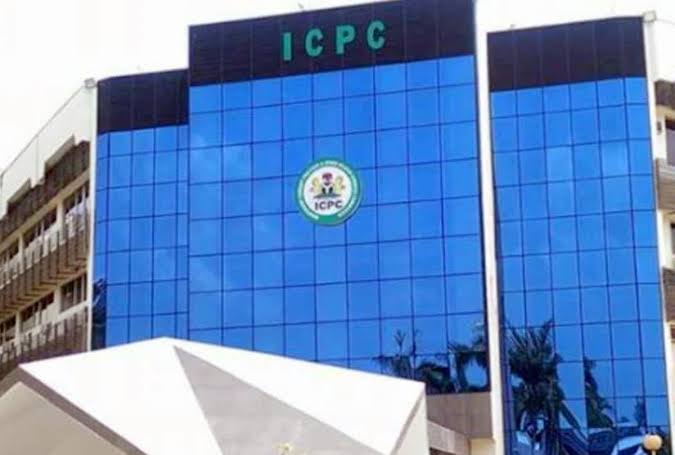**Says Amendment Was an affront to Constitution and President’s Powers to nominate*
**Praises House of Representatives for Jettisoning the Self-Serving Amended Bill*
**Asks House of Reps to Throw Out Senate’s Amended Bill*
One of Nigeria’s flagship national newspapers, THISDAY has criticized the 9th senate over the amendment of the Corrupt Practices and Other Related Offences Act, 2000 aimed at rendering the Independent Corrupt Practices and Other Related Offences Commission (ICPC) a harmless and ineffectual institution.
The Senate had last Tuesday in the “Committee of the Whole” passed the report of the Senate Committee on Anti-Corruption and Financial Crimes which reviewed 70 clauses seeking to amend the principal act of the Corrupt Practices and Other Related Offences Act, 2000.
The report, which was presented by the Senate Committee Chairman, Senator Abdu Kwari, whittled down the powers of the ICPC Chairman and created conflict and interference by board members now turned ‘Commissioners’ as a result of the amendment in the administration and operation activities of the anti-graft agency.
In an editorial on Tuesday titled “ICPC Act: Abuse of Legislative Powers”, the THISDAY Newspaper described the orchestrated attempt by the senate as “abuse of legislative powers”.
The newspaper said, “It is an abuse of power to make laws targeted at individuals. Whatever issues some senators may have with the current leadership of the ICPC, it is a gross abuse of power to enact legislations that are targeted at individuals.”
It also condemned the passage of the amended bill without the upper chamber holding a public hearing.
“Without conducting a public hearing that involves all critical stakeholders as stipulated by their own rule, the Senate last week ‘amended’ the Corrupt Practices and Other Related Offences Act, 2000. In the process, the lawmakers whittled down the powers of the Independent Corrupt Practices and Other Related Offences Commission (ICPC).
“In a petty act that no self-respecting legislative institution should ever be involved in, the Senate also took away most of the powers of the commission’s chairman.”
It, however, commended Rt. Hon. Femi Gbajabiamila-led-House of Representatives for refusing to take the self-serving proposal transmitted to it by the Senate and urged the members of the House to throw out the entire bill.
On the controversial amendment of Section 4(2) of the Principal Act, the newspaper stated that the amendment by the Senate was ‘ridiculous’ and ‘subversive’.
It described the action of the senators as an affront to the constitution and the powers of the president to nominate a chairman and board members for government agencies and institutions
It said, “Many of the provisions either tinkered with or added by the Senate in their cynical perversion of lawmaking are just too ridiculous. While Section 4(2) of the original act states that the chairman and any four board members of the commission shall constitute a quorum for meetings which is presided over by the chairman, the new provision states that the quorum for board meetings shall be “any five members of the board and the five members in attendance shall appoint a chairman to preside over the meeting.”
“In a command-and-control structure of law enforcement agencies, this is not only strange, but tantamount to giving authority to subvert the powers of the chairman with attendant consequences. It is beyond absurd that any five members of the board can form a quorum for board meetings and randomly pick one of them to preside. The import of this amendment is that ‘any five members’ of the board can meet and take far reaching decisions for the commission without the appointed accounting officer who is the chairman.”
THISDAY further noted that the attempts at cutting the powers of the ICPC chairman were in conflict with the globally recognised standard for law enforcement agencies where responsibility is not shared but vested in the agency’s head as the accounting officer.
It added, “Secondly, the provisions vesting committees of the statutory board (mostly filled by politicians) with omnibus powers are unprecedented. The powers of law enforcement agencies cannot be subject to decisions of committees and political considerations.
“Substituting political appointees of the president and members of the board with commissioners is bizarre to say the least. What happens to the ICPC officers who were recruited and specially trained for the purpose of driving the realisation of the mandate of the commission? An attempt to transmit the titles of commissioners to board members, who are political appointees of a law enforcement agency would create a situation unknown within law enforcement circles.”
END
Share your story or advertise with us: Whatsapp: +2347068606071 Email: info@newspotng.com















